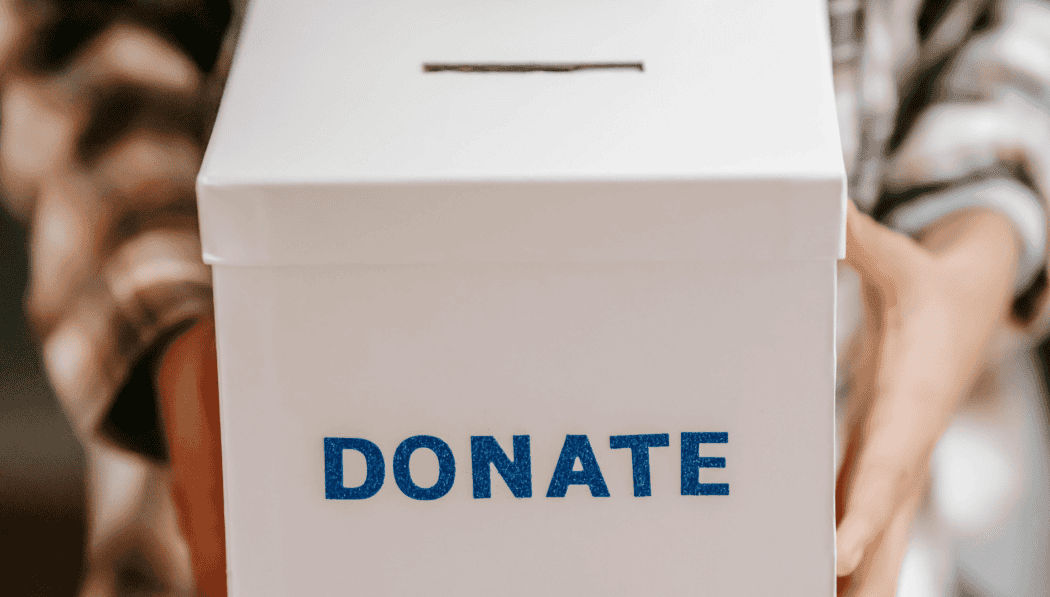
Eco-Friendly Ways to Maintain Your Hearing Devices
In today’s world, where environmental consciousness is growing, many individuals seek ways to adopt greener habits in all aspects of life. This includes the way we care for our hearing devices. Taking care of your hearing aids ensures they last longer, and with some eco-friendly adjustments, you can help reduce your carbon footprint, too. Whether you’re trying to reduce waste, use sustainable products, or reduce energy consumption, there are simple ways to make your hearing aid care greener without compromising its effectiveness.
Use Rechargeable Batteries
One of the most impactful ways to reduce waste when maintaining your hearing devices is to switch to rechargeable batteries. Traditional disposable batteries are used up quickly and must be replaced often, leading to a large amount of electronic waste. Rechargeable batteries, on the other hand, can last several years before needing replacement. This reduces the amount of waste and also cuts down on the energy required to produce and dispose of batteries. Plus, they are more cost-effective in the long run.
For those who rely on hearing aids daily, this switch can make a noticeable difference in both convenience and environmental impact. Remember to follow the manufacturer’s recommendations on how to care for and store your rechargeable batteries to extend their life as long as possible.
Recycle Old Devices and Accessories
Many people are unaware that hearing aids, batteries, and accessories can be recycled. Instead of throwing away your old hearing devices when you upgrade or no longer need them, consider donating them to organizations that refurbish hearing aids for people in need. Also, some manufacturers and local recycling programs accept used hearing aid batteries for proper disposal or recycling.
Taking these steps ensures that harmful materials, such as lithium and other heavy metals, do not end up in landfills, where they can pollute the environment. Ask your hearing health professional for guidance on recycling programs that accept hearing devices and batteries in your area.
Clean Your Hearing Aids Naturally
Keeping your hearing aids clean is essential for their longevity and optimal performance. However, the cleaning products you use can also affect the environment. Instead of relying on chemical-heavy cleaners, opt for eco-friendly, non-toxic solutions that are safe for your hearing aids and the planet. A simple, natural cleaning solution can often be made with household ingredients like vinegar and water, which is gentle yet effective.
Be sure to clean your hearing devices regularly using a soft, lint-free cloth to remove any moisture or debris. Using eco-friendly products and reusing your cleaning materials helps reduce waste while keeping your hearing aids in top condition.
Cut Down on Packaging Waste
When purchasing new hearing aids, batteries, or accessories, it’s important to consider the packaging. Many products come wrapped in layers of plastic that are harmful to the environment. To reduce this, look for brands that offer minimal packaging or use recycled materials. You can also ask your hearing aid provider if they offer products in bulk or with reduced packaging options. This not only helps the environment but may save you money in the long run as well.
Whenever possible, choose hearing health supplies that use recyclable or biodegradable packaging. Supporting companies that prioritize sustainability sends a message that eco-friendly practices matter to consumers.
Extend the Life of Your Hearing Aids
Proper maintenance is key to extending the life of your hearing aids, which is an important part of reducing environmental impact. Scheduling regular hearing health exams helps your devices work properly and catch any issues before they cause further damage. Routine care and professional adjustments can prevent the need for early replacements, reducing waste and the resources needed to produce new hearing aids.
Additionally, storing your hearing aids correctly, keeping them dry, and performing regular cleaning and maintenance all contribute to longer-lasting devices. The longer you can keep your hearing aids in good condition, the less frequently you’ll need to replace them, which benefits your wallet and the planet.
Opt for Solar-Powered Chargers
If you’ve switched to rechargeable batteries for your hearing aids, another eco-friendly option is to use solar-powered chargers. Solar chargers use renewable energy to keep your hearing aids powered up, reducing household electricity usage. Not only does this reduce your energy bill, but it also reduces the demand for non-renewable energy sources like coal or natural gas.
Portable solar chargers are especially helpful if you travel frequently, as they allow you to recharge your devices anywhere without needing access to traditional power outlets. This simple switch can contribute positively to the energy consumption of hearing device maintenance, especially over time.
Encourage Responsible Consumption
Finally, eco-friendly hearing device care extends to how often we purchase new devices. While it’s important to stay updated with the latest advancements in hearing technology, it’s also essential to evaluate whether a new device is necessary or if your current one can still meet your needs with proper care and maintenance.
Before upgrading, consult your hearing health professional to discuss the best course of action. If a new hearing aid is recommended, ensure your old devices are properly recycled or donated. Reducing unnecessary consumption can help us limit the environmental impact of the production, shipping, and disposal of hearing devices. Small changes in how you care for your hearing aids can make a big difference in reducing your carbon footprint, all while maintaining optimal hearing health.
